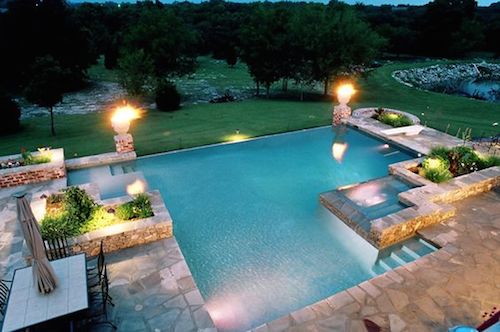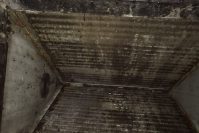 Pool ownership brings with it not just fun and exercise, but also a responsibility. As home pool owners, we always take precautions to secure our pools in order to prevent drowning. But there’s another, less well-known risk.
Pool ownership brings with it not just fun and exercise, but also a responsibility. As home pool owners, we always take precautions to secure our pools in order to prevent drowning. But there’s another, less well-known risk.
According to the CPSC, from 2003 to 2014 in the United States, there were 14 electrocution deaths in swimming pools. Even though electrocution is much less common than drowning, it is still a dangerous factor for pool owners.
What can we do to reduce the risk of electrocution around our pools? Keep the following five tips in mind when assessing the electrical safety of our pool areas:
- Install a ground-fault circuit interrupter
A ground-fault circuit interrupter, or GFCI, is all that stands between our pools and a dangerous electric current. The GFCI is a circuit breaker that monitors the pool for electrical current, shutting off the power upon detection. Make sure you have a GFCI installed and that it’s always in good working order.
Related Read: Creative Lighting Ideas to Make Your Backyard a Nighttime Paradise
- Schedule regular inspections of pool lights
Pool lights are a common source for electrical shock. Without regular maintenance and repair, a pool light can rust through, exposing the bulb and wires. They also wear down over time with use, increasing the likelihood of malfunction and electrocution. It’s vital to schedule annual inspections and regular replacement of faulty lights.
- Keep plugged-in cords and devices away from the pool
An obvious and yet still important way to reduce shock risk is by keeping electrical cords and devices away from the immediate pool area. It’s all too easy for accidents to happen, so play it safe. In the case that a plugged-in device does fall in, unplug it first before attempting to retrieve it.
Related Read: LEDs Light the Way to Huge Savings – Start Now!
- Use battery-operated devices
The current that flows through a home circuit is very strong. Instead of routing your speakers, lights, and other poolside entertainment through that source use battery power instead. The current from a battery is much weaker than the current from a house and will greatly reduce the risk of fatal electrocution if something were to come in contact with pool water.
- Be wary of overhead power lines
The power lines outside a house contain an even stronger current than the home circuit. Try not to install a pool under or near overhead power lines. Be careful to hold long-handled tools low to the ground, so as not to knock down any nearby lines.
Pool electrocution may not be as common as drowning, but it’s still a risk we should take care to consider.





